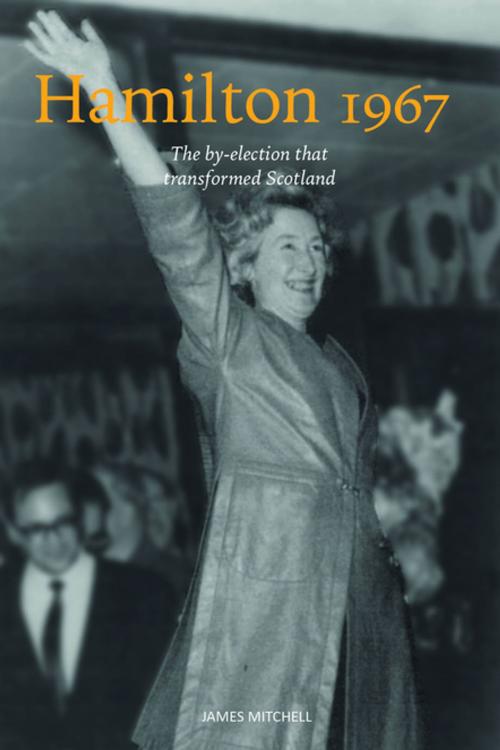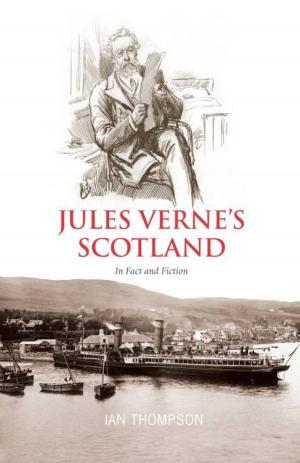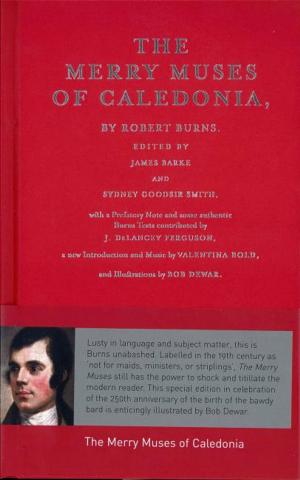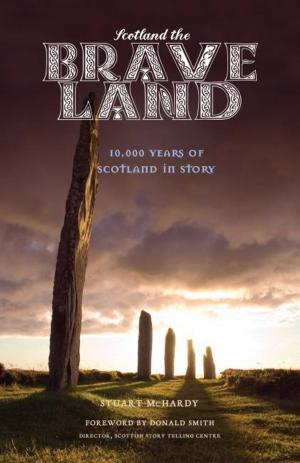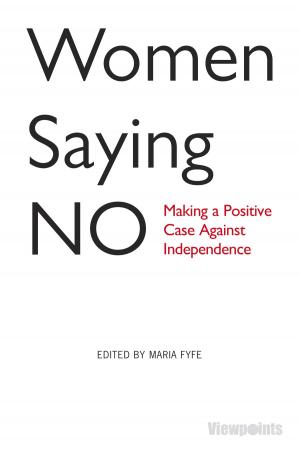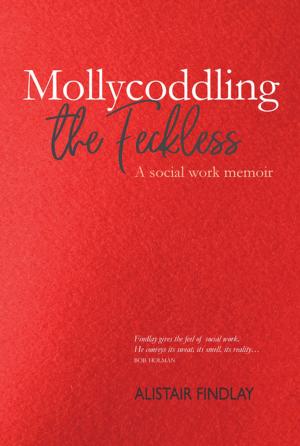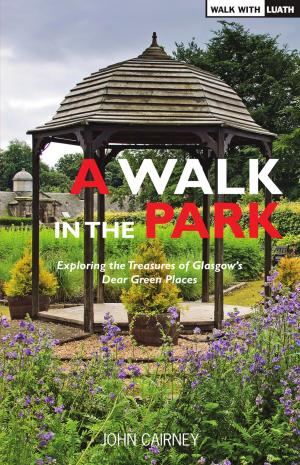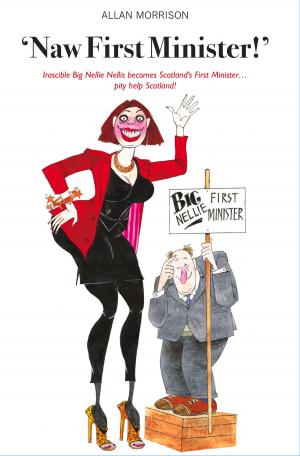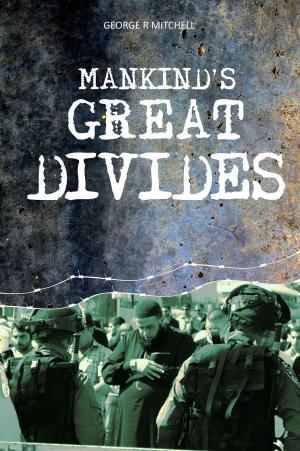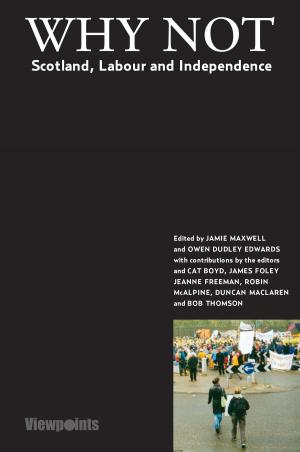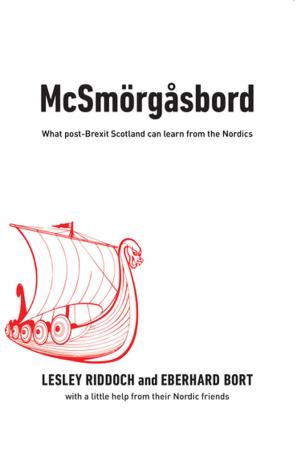Hamilton 1967
The by-election that transformed Scotland
Nonfiction, Social & Cultural Studies, Political Science, Government, Political Parties, History, British| Author: | James Mitchell | ISBN: | 9781912387137 |
| Publisher: | Luath Press Ltd | Publication: | November 23, 2017 |
| Imprint: | Luath Press | Language: | English |
| Author: | James Mitchell |
| ISBN: | 9781912387137 |
| Publisher: | Luath Press Ltd |
| Publication: | November 23, 2017 |
| Imprint: | Luath Press |
| Language: | English |
‘Stop the world, Scotland wants to get on.’ Hamilton, Scotland, 3 November 1967
A young couple, married only one day, join a group of eager SNP supporters in the early morning of the by-election to gather last minute votes around Hamilton.
Journalists scrap pre-recorded interview answers in the middle of the night as they do not adequately convey the political event that would transform Scottish politics thereafter. Instead, a 17-year-old is sent out to collect responses that better capture the tremendous political upset that has just occurred.
‘Winnie Wins by a Mile!’ was splashed across the Hamilton Advertiser’s front page.
This book details the political history and moments leading up to the election of the SNP’s Winnie Ewing and the profound effect her success has had on the political landscape of Scotland and the UK since. Professor James Mitchell of the University of Edinburgh provides an insightful examination of the different factors that contributed to Ewing and the SNP’s 1967 success. Through interviews with and surveys of SNP members, archival research and trawling through contemporary sources, Mitchell presents a multi-layered understanding of this crucial turning point in Scottish politics.
This watershed by-election was transformative for the SNP and for Scotland. In the increasingly turbulent waters of contemporary politics, Hamilton 1967 provides a necessary historical context to assist in one’s navigation of the political landscape today.
From little known teams within the UK, to teams representing countries that, to most of the world, don’t even exist, Mat Guy travels to remote parts of the globe to experience football not only on the fringes of the pitch, but on the fringes of the world. On his travels, he watches matches in Iceland, interviews members of the Tibetan Women’s Football team, explores the impact of football in war-torn Palestine and explores the unsung heroes in the football clubs present throughout the length of the UK.
What he finds is countries transcending the game itself and instead building communities, lifelines and friendship with football at the centre.
‘Stop the world, Scotland wants to get on.’ Hamilton, Scotland, 3 November 1967
A young couple, married only one day, join a group of eager SNP supporters in the early morning of the by-election to gather last minute votes around Hamilton.
Journalists scrap pre-recorded interview answers in the middle of the night as they do not adequately convey the political event that would transform Scottish politics thereafter. Instead, a 17-year-old is sent out to collect responses that better capture the tremendous political upset that has just occurred.
‘Winnie Wins by a Mile!’ was splashed across the Hamilton Advertiser’s front page.
This book details the political history and moments leading up to the election of the SNP’s Winnie Ewing and the profound effect her success has had on the political landscape of Scotland and the UK since. Professor James Mitchell of the University of Edinburgh provides an insightful examination of the different factors that contributed to Ewing and the SNP’s 1967 success. Through interviews with and surveys of SNP members, archival research and trawling through contemporary sources, Mitchell presents a multi-layered understanding of this crucial turning point in Scottish politics.
This watershed by-election was transformative for the SNP and for Scotland. In the increasingly turbulent waters of contemporary politics, Hamilton 1967 provides a necessary historical context to assist in one’s navigation of the political landscape today.
From little known teams within the UK, to teams representing countries that, to most of the world, don’t even exist, Mat Guy travels to remote parts of the globe to experience football not only on the fringes of the pitch, but on the fringes of the world. On his travels, he watches matches in Iceland, interviews members of the Tibetan Women’s Football team, explores the impact of football in war-torn Palestine and explores the unsung heroes in the football clubs present throughout the length of the UK.
What he finds is countries transcending the game itself and instead building communities, lifelines and friendship with football at the centre.
